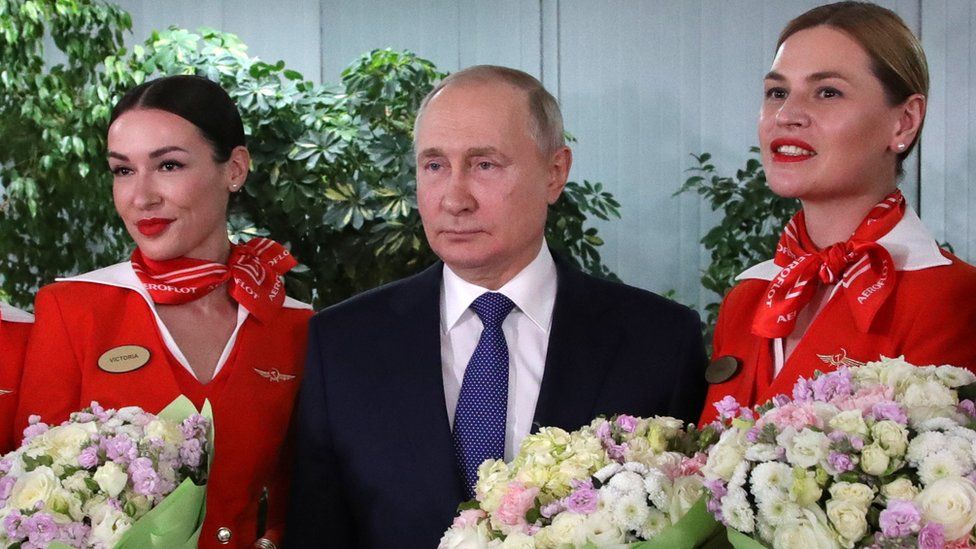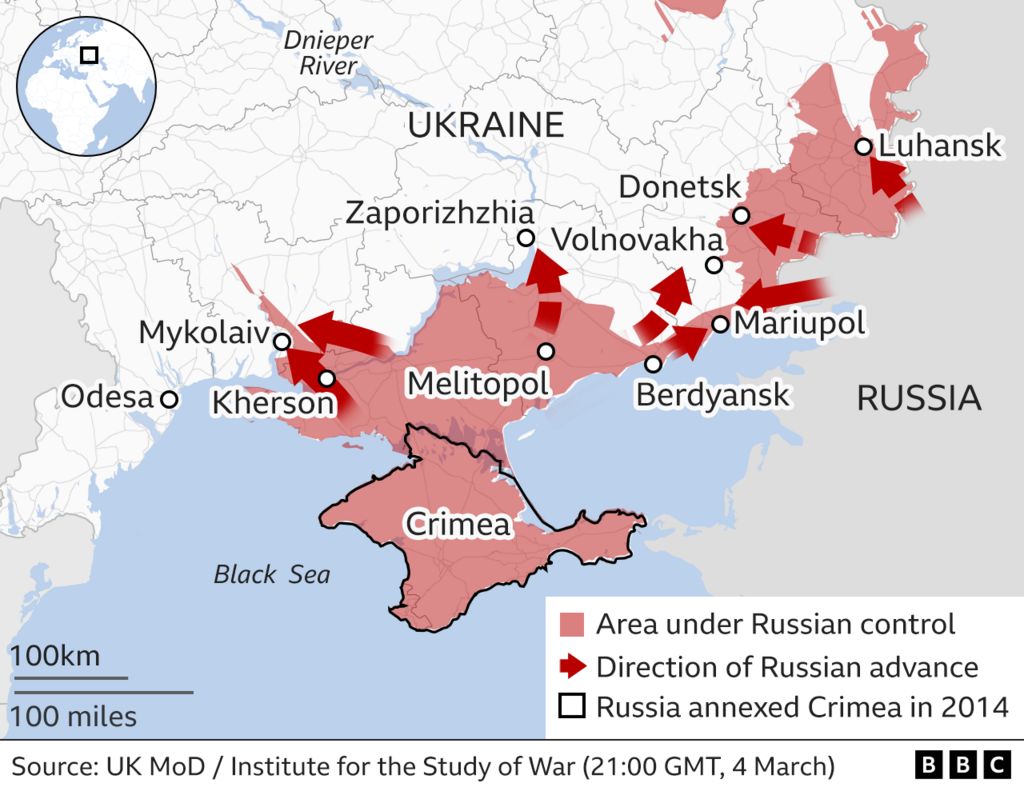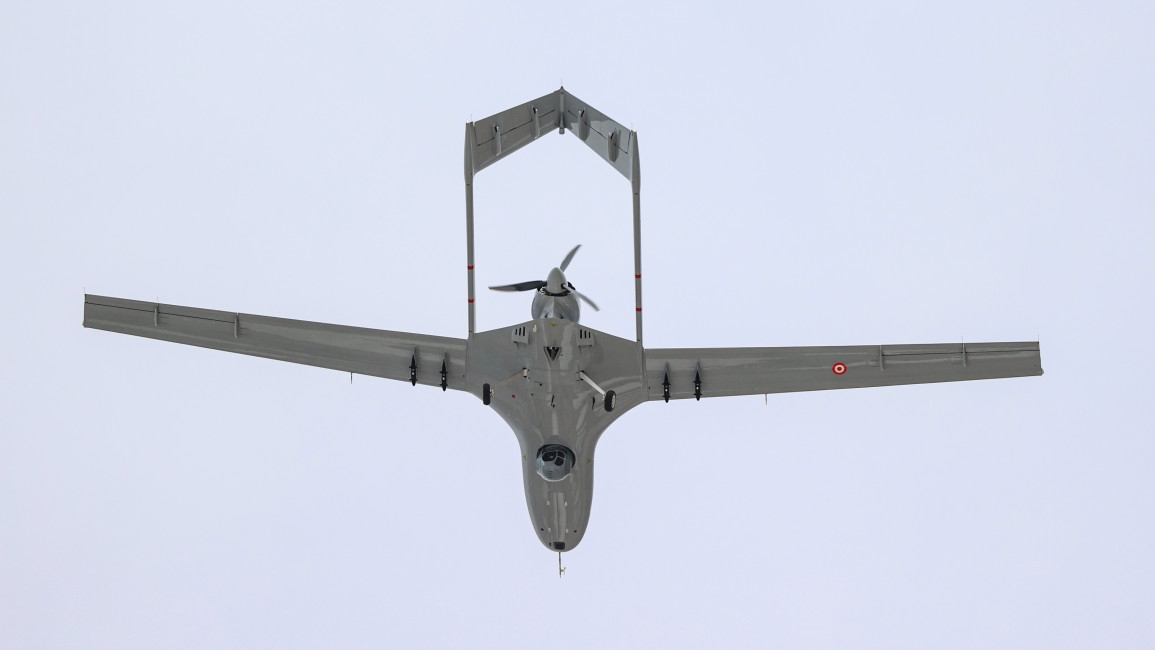Kenan Malik
Sun, 6 March 2022

The outpouring of sympathy and help for Ukrainian refugees has prompted debate about European attitudes to identity and ethnicity
In 1857, the English poet and Chartist leader Ernest Jones wrote a series of articles in the People’s Paper about the “Indian Mutiny” of that year. It was, he observed, no “mutiny” but a “national insurrection” that Britons should support as much as they had supported similar struggles in Europe. Britons were “on the side of Poland” when it “struggled for its freedom against Russia”. If Poland was “right”, Jones insisted, then “so is Hindostan”.
I was reminded of his argument as I read and listened to some of the commentary about Ukrainian resistance to the Russian invasion. The invasion is brutal and unacceptable, an assault on democracy and sovereignty. We should oppose it just as we should oppose the Saudi assault on Yemen. We should support the people of Ukraine just as we should the people of Syria.
Not so, says the Telegraph’s Tim Stanley. On BBC Radio 4’s Thought for the Day slot, he insisted that Ukraine moves us more than Syria or Yemen because it is “a European country” and “the young men volunteering or being conscripted could be our sons or fathers”. Apparently, it’s so much more difficult to imagine what a father or son must feel facing the prospect of war in Yemen or Iraq.
For the Tory lord and former MEP Daniel Hannan the Ukraine conflict is shocking because “they seem so like us”, living in “a European country” where “people watch Netflix and have Instagram accounts”. “Civilisation itself is under attack in Ukraine,” he concluded. Unlike in the destruction of Syria or Afghanistan.
Many others on both sides of the Atlantic have proffered similar views. What is expressed here is not simply the shock of witnessing a brutal conflict in a relatively peaceful and prosperous continent like Europe (though it’s barely 30 years since the Balkans were ripped apart by an even more vicious conflict). It is, rather, the belief that our capacity to empathise with people’s hopes, fears and suffering is defined by whether they are “like us”. It’s an argument that circumscribes solidarity along lines of identity. One of the ironies of much rightwing criticism of identity politics is the obliviousness to their own wallowing in the swamp of identity.
There is an irony, too, in that the place of eastern Europeans and of Russians in the western imagination has always been ambiguous. Today, Europeans might embrace Ukrainians as “one of us”. It has not always been so. There is a long history of bigotry towards Slavs, of viewing them as primitive and “Asiatic”.
For the influential 19th-century German historian Heinrich von Treitschke, “hatred of Slavs… is deep in our blood” because the Slav is “a born slave”. Edward Ross, one of America’s leading sociologists at the turn of the 20th century, called for Slavic migrants to be barred from America because they “belong in skins in wattled huts at the close of the Great Ice Age”. “A Slav can live in dirt that would kill a white man”, he wrote.
The 1917 Russian Revolution was cast by many in racial terms. The prominent white supremacist Lothrop Stoddard viewed the Russian population as “made up chiefly of primitive racial strains… which have always shown an instinctive hostility to civilisation”. Another American writer, Clinton Stoddard Burr, saw Bolshevism as “fundamentally an Asiatic conception which is repugnant to the western mind”. For Hitler, the “real frontier” was not between Europe and Asia but “the one that separates the Germanic world from the Slav world”. He saw Ukrainians as the “redskins” of Europe: “We’ll supply the Ukrainians with scarves, glass beads and everything that colonial people like”, he contemptuously remarked.
Such sentiments still find expression. In 2018, the Wall Street Journal published an article on Putin’s diplomacy headlined “Russia’s Turn to Its Asian Past”.
The issue is one not of numbers but of political will and of the social and imaginative boundaries we draw
The boundaries of those who are “like us”, of those who are European, of even those who are considered “white”, are not fixed but shift according to political and social need. And those ever-changing boundaries are defined as much by those deemed to be not like us as by those whom we acknowledge are.
This is most noticeable in discussions about refugees. In the space of a week, a million refugees have fled Ukraine, half of them to Poland. That figure could rise in the coming weeks to four million. There has been much chaos and desperation in the rush to leave Ukraine. But in the receiving countries, the refugees have been met with great generosity, with open arms and open borders. (A notable exception is Britain, where the public supports a liberal policy but the government continues to drag its feet.)
Compare this to the debate on the “refugee crisis” of 2015 when Europe was apparently overwhelmed by an “invasion”. That year, Europe received 1.3m asylum applications, a sharp jump in numbers because of the Syrian war. The figures before and since have been much lower. Yet that one year, in which the total number of asylum seekers was barely more than that in a week from Ukraine, has become totemic of an overwhelmed continent, the reason for strengthening Fortress Europe and for holding hundreds of thousands inthe most appalling conditions on both sides of the Mediterranean.
The issue is one not of numbers but of political will and of the social and imaginative boundaries we draw. The EU president Ursula von der Leyen last week insisted that Ukraine “belongs in the European family”. One of her first acts on becoming EU president in 2019 was to move responsibility for immigration into a new portfolio for “Promoting Our European Way of Life”, the task of which included protecting it from “irregular migration”. Refugees from Ukraine are part of the “European way of life”. Those from beyond are not. That is how boundaries are marked to delimit empathy and solidarity.
In 1857, an editorial in the People’s Paper acknowledged that “we have avowedly shown ourselves on the Indian side” because support for “democracy must be consistent”. Anyone who says: “‘I am for Hungary, and against India’”, it observed, “ lies against himself, against principle, against truth, against honour.” Ernest Jones and the People’s Paper understood that solidarity means little if it is constrained by race and identity. There are many today who still need to learn that lesson.
• Kenan Malik is an Observer columnist































